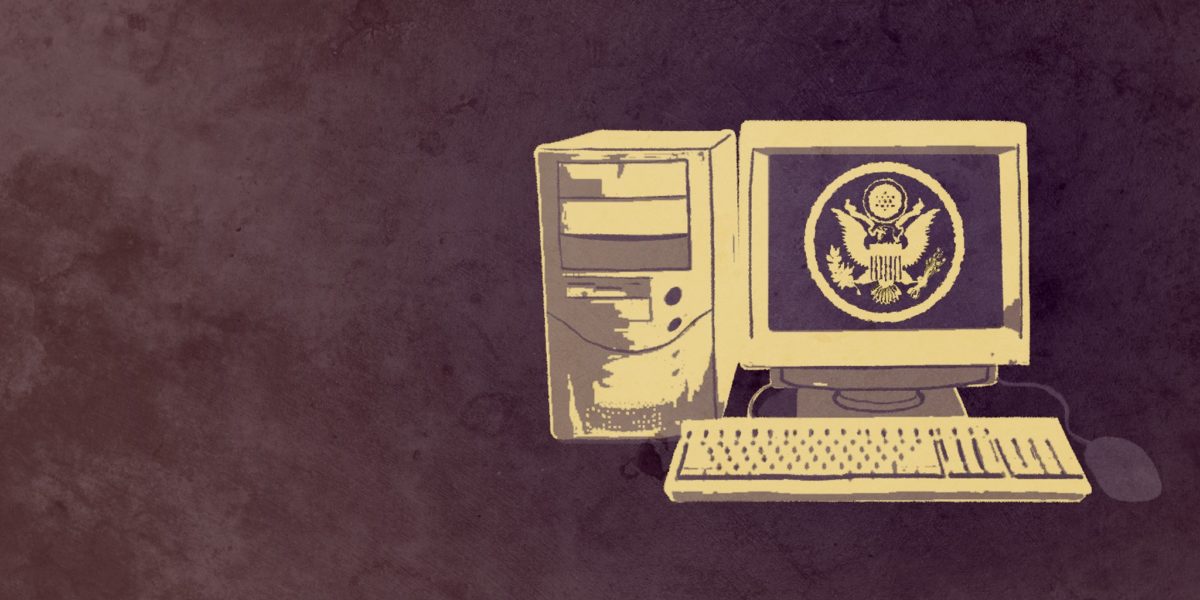Preceded by the first manned mission to the moon in 1969, the 70s marked a new era, characterized by technological advancement and excitement. Many modern technologies were first developed during this period, and include, for instance: software, mobile phones, video games, portable cassette players, apple computers, and floppy disks.
Today, our society is still very much affected by the technologies that were first introduced in the 70s. However, much progress has been made. Since the 1970s, storage capacity has continuously increased on a yearly basis. To illustrate this, in the past 10 years, the capacity of MicroSD cards increased from 128 megabytes to 128 gigabytes (Mearian, 2014). In contrast, floppy disks had a storage capacity that was limited to a mere 1.44 megabytes (Mearian, 2014). Given their low storage capacity, floppy disks are no longer used; that is, with the exception of the US Air Force, who, up until earlier this year, were still relying on this antiquated technology for the launching of nuclear weapons (Brown, 2019).
Whilst the idea that up until recently, the world’s safety relied on technology which dated to half a century ago may come as a surprise, the rationale behind this practice is somewhat valid. As Lt. Col. Jason Ross, who oversees the system, indicated: “you can’t hack something that doesn’t have an IP address. It’s a very unique system—it is old and it is very good” (Doffman, 2019). This practice is more common than one may expect. In fact, the maintenance of legacy systems in the US is very expensive, costing $61bn per year, which is three times more than the investment on modern IT systems (McKendrick, 2011).
Such practices remain in place due to the dangers of digitization. Gregory Unruh and David Kiron (2018) address this under the context of the movement towards a digital democracy. Indeed, they mention that whilst direct-recording-electronic (DRE) voting machines are becoming increasingly used, these systems are highly vulnerable and can be compromised. This was shown during the 25th annual DEF CON conference, where hackers were able to crack the so-called “secure system” in under two hours. Such unsecure systems consequently pose a threat to national democracy. Whilst there are many benefits that come with digitization, businesses and governments must remain wary of the threats and dangers that could be exploited and would compromise security.
References
Brown, S. (2019). US military finally retires floppy disks used by nuclear weapons system. [online] CNET. Available at: https://www.cnet.com/news/us-military-retires-floppy-disks-used-by-nuclear-weapons-system/ [Accessed 21 Oct. 2019].
Doffman, Z. (2019). U.S. Military To Replace 1970s Floppy Disks Controlling Nuclear Missiles. [online] Forbes.com. Available at: https://www.forbes.com/sites/zakdoffman/2019/10/19/us-military-to-replace-1970s-floppy-disks-controlling-nuclear-missiles/#2352821cd81b [Accessed 21 Oct. 2019].
McKendrick, J. (2011). Study: US government spends $36 billion a year maintaining legacy systems | ZDNet. [online] ZDNet. Available at: https://www.zdnet.com/article/study-us-government-spends-36-billion-a-year-maintaining-legacy-systems/ [Accessed 21 Oct. 2019].
Mearian, L. (2014). Data storage — then and now. [online] Computerworld. Available at: https://www.computerworld.com/article/2473980/data-storage-solutions-143723-storage-now-and-then.html#slide2 [Accessed 21 Oct. 2019].
Unruh, G. and Kiron, D. (2018). The Risks of Digital Democracy. [online] MIT Sloan Management Review. Available at: https://sloanreview.mit.edu/article/the-risks-of-digital-democracy/ [Accessed 21 Oct. 2019].

